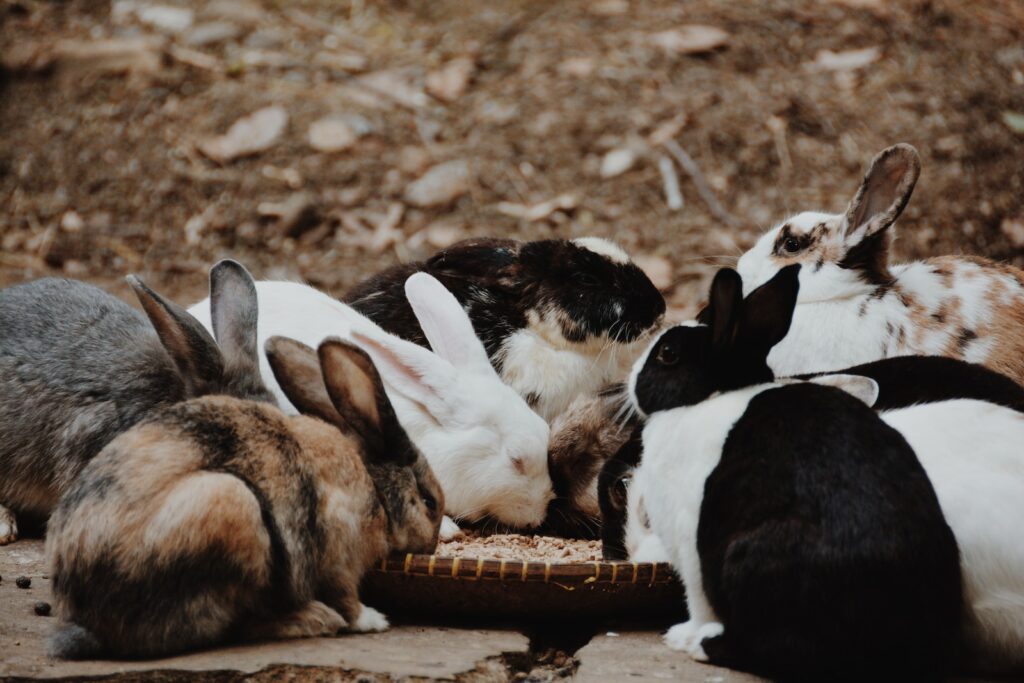Is Watermelon Safe for Rabbits? — Yes, It Is
Watermelon is a delicious and refreshing fruit that many of us enjoy, and it may come as a surprise to learn that it can also be a tasty treat for our furry friends, including rabbits. Despite being primarily herbivores, rabbits can safely consume watermelon in moderation, making it a suitable addition to their diet.
Benefits of Feeding Watermelon to Rabbits
Feeding watermelon to rabbits can offer several benefits to their overall health and well-being. Firstly, watermelon is hydrating due to its high water content, which can be particularly beneficial during hot summer months when rabbits may need extra moisture. Additionally, watermelon is a good source of vitamins A and C, which are essential for maintaining a rabbit’s immune system and promoting healthy growth. Moreover, the natural sugars present in watermelon provide a flavorful reward that can be used during training sessions or as a special treat to bond with your rabbit.
How Often Should Rabbits Have Watermelon?
While rabbits can enjoy the occasional watermelon treat, it’s important to offer it in moderation. Due to its high sugar content, excessive consumption of watermelon may lead to digestive upset or weight gain in rabbits. To ensure a balanced diet, it is recommended to limit watermelon intake to a few small, bite-sized pieces once or twice a week. This way, your rabbit can reap the benefits without any adverse effects.
Points of Caution When Offering Watermelon to Rabbits
While watermelon can be a safe and enjoyable treat for rabbits, there are a few points of caution to consider. Firstly, it’s essential to remove the seeds and rind before feeding watermelon to your furry friend. The seeds can pose a choking hazard, and the tough rind is difficult to digest and may lead to gastrointestinal issues. Additionally, if you notice any signs of digestive discomfort such as diarrhea or decreased appetite after offering watermelon, it’s best to consult a veterinarian to rule out any potential allergies or sensitivities.
Other Pets That Can Safely Consume Watermelon
Watermelon can be enjoyed by various other pets as well. Dogs, for example, can benefit from the hydrating properties of watermelon, but it should be given in moderation due to its sugar content just like with rabbits. Cats, on the other hand, may not find watermelon appealing due to their different dietary preferences as carnivores. However, if your cat shows interest in watermelon, small, seedless pieces can be offered as an occasional treat.
Conclusion
In summary, watermelon can be safely included in a rabbit’s diet as an occasional treat. It provides hydration, essential vitamins, and a flavorful reward. Remember to remove the seeds and rind, offer it in moderation, and monitor your rabbit’s reaction. As responsible pet owners, we should always prioritize our pets’ well-being and ensure a balanced diet that meets their specific dietary needs.





